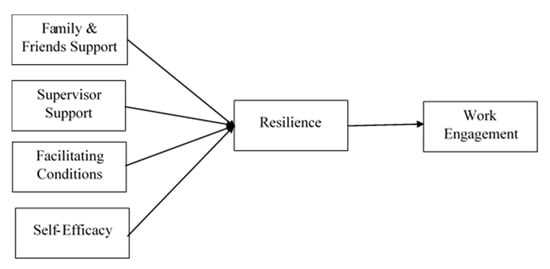
Resilience and stress are two interconnected concepts that play a significant role in our lives. Resilience refers to the ability to bounce back and adapt in the face of adversity, while stress is the body’s response to any demand or challenge. While resilience and stress may seem like opposing forces, they are actually closely related and can have a profound impact on our physical and mental well-being.
Research has shown that individuals with higher levels of resilience are better equipped to handle stress and its negative effects. When faced with a stressful situation, resilient individuals are more likely to remain calm, think clearly, and problem-solve effectively. They have a strong sense of self-efficacy and are able to maintain a positive outlook, even in challenging circumstances.
On the other hand, individuals with low resilience may be more susceptible to the negative effects of stress. They may experience higher levels of anxiety, depression, and physical health problems when faced with stressful situations. This highlights the importance of developing and nurturing resilience as a protective factor against the harmful effects of stress.
The relationship between resilience and stress is bidirectional. While resilience can help individuals cope with stress, experiencing stress can also contribute to the development of resilience. Going through difficult situations can build resilience by providing opportunities for personal growth, learning, and developing effective coping strategies. This suggests that stress, when managed effectively, can actually promote resilience and strengthen our ability to handle future challenges.
In conclusion, resilience and stress are closely intertwined. Building resilience can help individuals better manage stress and its negative effects, while experiencing stress can contribute to the development of resilience. Understanding the connection between resilience and stress can have important implications for promoting well-being and developing effective strategies for stress management.
Understanding Resilience
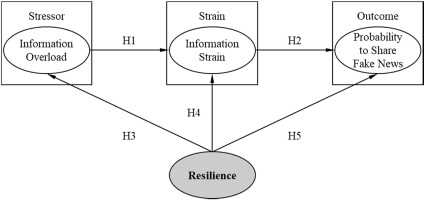
Resilience is the ability to adapt and bounce back in the face of stress and adversity. It is the capacity to maintain or regain mental and emotional well-being in difficult situations. Resilience involves the ability to cope with and recover from challenges, trauma, and adversity. It is not about avoiding stress or eliminating it from our lives, but rather about developing positive coping strategies and building strong relationships to navigate through stressful situations.
Resilience is not a trait that we either have or do not have. It is a dynamic process that can be developed and strengthened over time. It is influenced by a variety of factors, including genetics, environment, and individual experiences. Some people may naturally have a higher level of resilience, while others may need to work on developing and enhancing their resilience skills.
Research has shown a strong correlation between resilience and mental health. Individuals with higher levels of resilience tend to have lower levels of stress, anxiety, and depression. They are better able to adapt to changes, cope with challenges, and maintain a positive outlook on life.
Building resilience involves developing and nurturing supportive relationships, practicing self-care, maintaining a positive mindset, and seeking help when needed. It is important to recognize that resilience is not about being invincible or unaffected by stress, but rather about having the tools and resources to bounce back and thrive in the face of adversity.
Overall, understanding resilience is crucial in navigating the complex relationship between stress and mental health. By developing resilience skills and cultivating positive coping strategies, individuals can better manage stress and maintain their well-being.
Definition and Importance
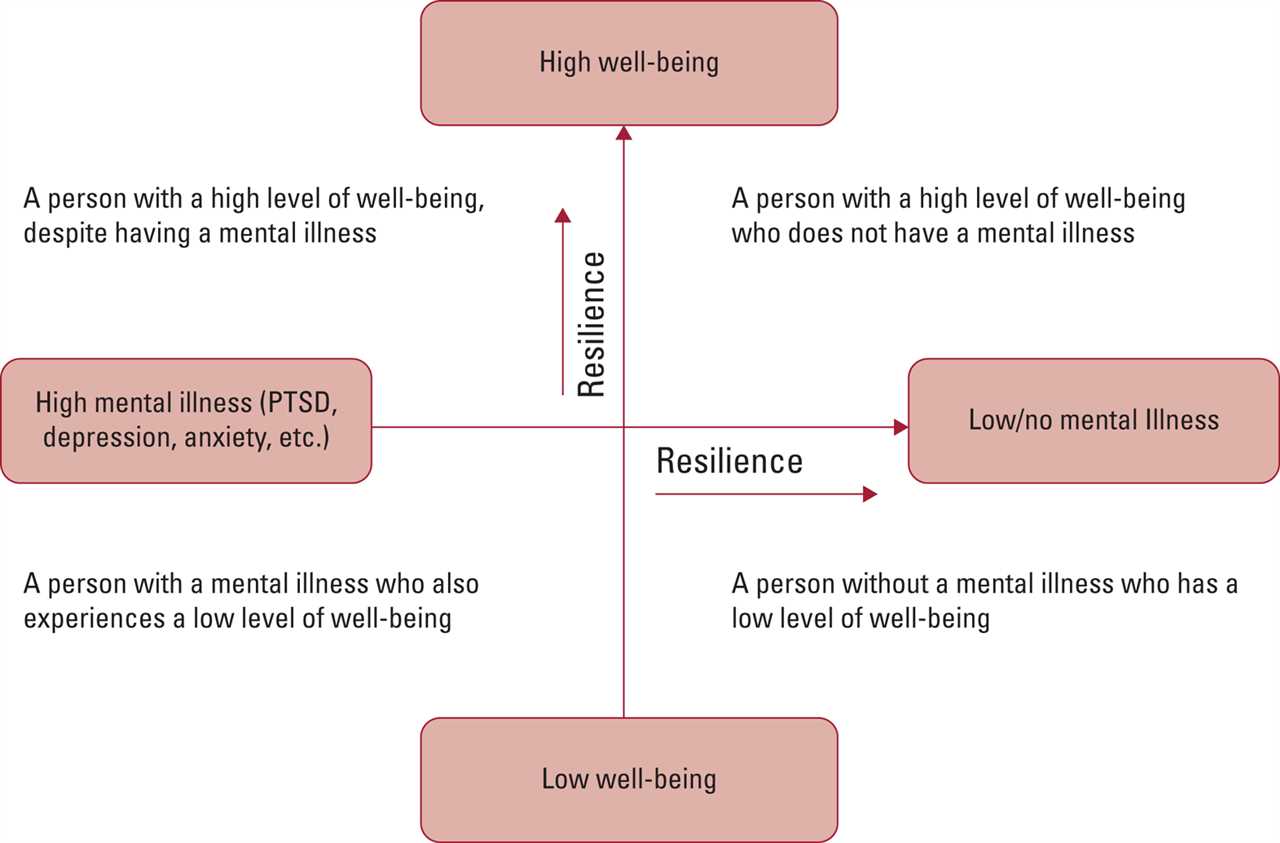
The connection between resilience and stress is a topic that has gained significant attention in recent years. Resilience refers to an individual’s ability to adapt and bounce back from difficult situations or adversity. It is a quality that can be developed and strengthened over time, and it plays a crucial role in one’s overall well-being and mental health.
Stress, on the other hand, is a natural response to various challenges and demands in life. It can come from external sources such as work, relationships, or financial difficulties, as well as internal sources such as self-imposed pressure or negative thinking patterns. While some level of stress is normal and even beneficial, excessive or chronic stress can have detrimental effects on both physical and mental health.
The relationship between resilience and stress is complex and multidimensional. Resilience can help individuals better cope with stress and mitigate its negative impact. It acts as a protective factor, enabling individuals to maintain a sense of well-being and function effectively in the face of adversity. On the other hand, experiencing and overcoming stress can contribute to the development of resilience, as it provides opportunities for growth, learning, and the acquisition of coping skills.
Understanding the connection between resilience and stress is important for several reasons. Firstly, it can inform the development of interventions and strategies to enhance resilience and promote mental health. By identifying the factors that contribute to resilience, such as social support, positive thinking, and problem-solving skills, individuals can work towards building their resilience and better managing stress.
Additionally, recognizing the link between resilience and stress can help reduce the stigma associated with stress and mental health difficulties. It highlights the importance of resilience as a protective factor and emphasizes that individuals can develop and strengthen their resilience, rather than being solely defined by their stress or adversity.
In conclusion, the relationship between resilience and stress is significant and interconnected. Resilience enables individuals to navigate and adapt to stressful situations, while stress can contribute to the development of resilience. Understanding this connection is crucial for promoting mental health and well-being and reducing the impact of stress on individuals’ lives.
Factors Influencing Resilience
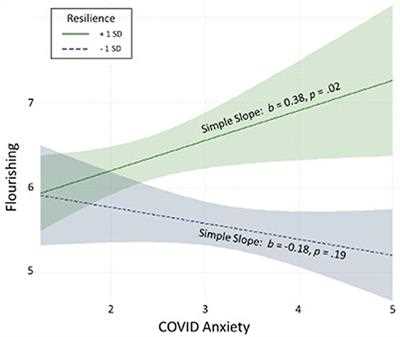
Resilience is a complex trait that is influenced by a variety of factors. Understanding the relations between these factors and resilience can provide valuable insights into how individuals can develop and enhance their ability to cope with stress and adversity.
One of the key factors influencing resilience is social support. Strong social networks and positive relationships can provide individuals with the emotional and practical support they need during challenging times. Research has shown that individuals with strong social support systems are more likely to bounce back from stressful events and maintain a sense of well-being.
Another important factor is self-efficacy, which refers to an individual’s belief in their ability to overcome obstacles and achieve their goals. People with high levels of self-efficacy are more likely to view challenges as opportunities for growth and are better equipped to handle stress. Developing a sense of self-efficacy can be fostered through setting and achieving realistic goals, building competence in different areas, and receiving positive feedback and encouragement.
Additionally, personality traits such as optimism and flexibility play a significant role in resilience. Optimistic individuals tend to have a positive outlook on life and are more likely to see setbacks as temporary and controllable. Flexibility, on the other hand, involves the ability to adapt to change and find alternative solutions when faced with obstacles. Both of these traits contribute to an individual’s ability to bounce back from adversity and maintain a sense of well-being.
Lastly, the presence of coping strategies and skills can greatly influence resilience. Effective coping strategies, such as problem-solving, seeking social support, and engaging in self-care activities, can help individuals manage stress and maintain their mental and emotional well-being. Developing and practicing these coping skills can enhance an individual’s resilience and ability to navigate through challenging situations.
Overall, the relations between resilience and these various factors highlight the importance of cultivating a supportive social network, fostering self-belief and optimism, developing flexible thinking, and acquiring effective coping strategies. By understanding and addressing these factors, individuals can enhance their resilience and better navigate the stresses and challenges of life.
Benefits of Resilience
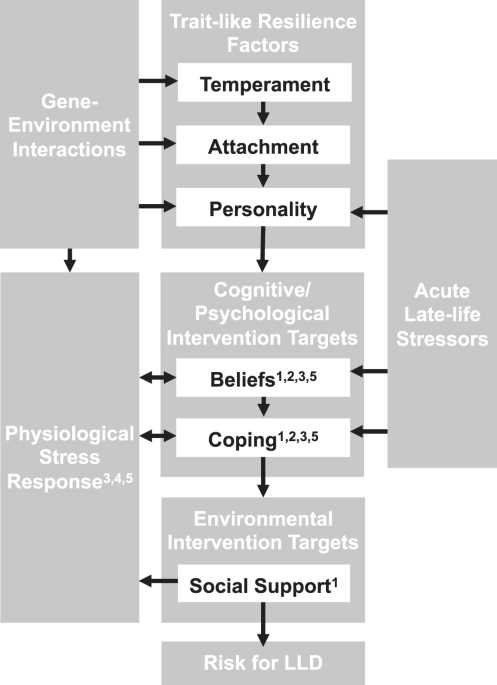
Resilience refers to the ability to bounce back from adversity and adapt to challenging situations. It is a quality that can have numerous benefits, both for individuals and their relationships.
One of the key benefits of resilience is its ability to help individuals cope with stress. Resilient individuals are better equipped to handle the challenges and pressures that come their way, and they are less likely to be overwhelmed by stress. They have a greater sense of control over their lives and are more likely to take proactive steps to manage and reduce stress.
Resilience also plays a crucial role in maintaining healthy relationships. When individuals are resilient, they are better able to navigate conflicts and setbacks in their relationships. They have the ability to communicate effectively, problem-solve, and compromise, which are essential skills for building and maintaining strong relationships. Resilient individuals are also more likely to seek support from their loved ones and offer support in return, which can strengthen the bond between them.
In addition, resilience has been linked to improved mental health outcomes. Research has shown that resilient individuals are less likely to develop mental health disorders, such as depression and anxiety. They have better coping mechanisms and are more likely to engage in healthy behaviors, such as exercise and self-care, which can contribute to overall well-being.
Furthermore, resilience has been associated with increased productivity and success in various areas of life. Resilient individuals are more motivated, persistent, and optimistic, which can lead to greater achievements in academics, careers, and personal goals. They are better able to bounce back from failures and setbacks, using them as learning experiences and opportunities for growth.
In summary, resilience offers numerous benefits, both for individuals and their relationships. It helps individuals cope with stress, maintain healthy relationships, improve mental health outcomes, and achieve greater success in various areas of life. Developing and nurturing resilience is essential for thriving in the face of adversity.
Impact of Stress on Resilience
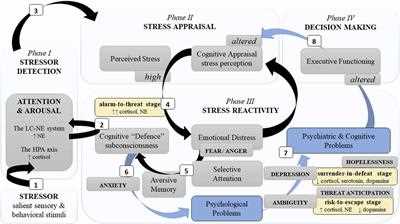
Resilience and stress are closely related, with stress having a significant impact on an individual’s ability to bounce back from adversity. When faced with stressful situations, individuals who have developed resilience are better equipped to cope and adapt.
Stress can have both positive and negative effects on resilience. In moderate amounts, stress can actually enhance resilience by providing individuals with an opportunity to develop and strengthen their coping mechanisms. It can push individuals to develop new skills, learn from their experiences, and become more resilient in the face of future challenges.
However, excessive or chronic stress can have detrimental effects on resilience. When stress becomes overwhelming, it can deplete individuals’ mental and physical resources, making it more difficult for them to bounce back from adversity. Chronic stress can lead to burnout, fatigue, and a decreased ability to cope with future challenges.
Stress can also impact the quality of relationships between individuals, which in turn can affect their resilience. High levels of stress can strain relationships, making it more challenging for individuals to seek support and build a strong support network. On the other hand, supportive relationships can provide a buffer against stress and enhance resilience.
It is important for individuals to recognize the impact of stress on their resilience and take proactive steps to manage stress in a healthy way. This may involve practicing stress reduction techniques, seeking social support, and developing effective coping strategies. By doing so, individuals can enhance their resilience and better navigate the challenges they face.
| Resilience | Stress |
|---|---|
| Ability to bounce back from adversity | Can have both positive and negative effects |
| Developed through coping mechanisms | Can enhance or deplete resilience |
| Enhanced by supportive relationships | Can strain relationships |
| Important to manage stress effectively | Recognize impact on resilience |
Stress and Resilience: The Relationship

Stress and resilience are deeply intertwined, with a complex and dynamic relationship between the two. While stress is often seen as a negative force, it can also be a catalyst for growth and development. Resilience, on the other hand, refers to the ability to bounce back from adversity and maintain a sense of well-being.
When faced with stress, individuals with high levels of resilience are more likely to adapt and find ways to cope effectively. They are better equipped to manage the physical, emotional, and psychological challenges that stress presents. Resilient individuals have a greater capacity to regulate their emotions, think positively, and problem-solve, which helps them navigate stressful situations with greater ease.
Furthermore, the relationship between stress and resilience is bidirectional. While resilience can help individuals better manage stress, experiencing stress can also contribute to the development of resilience. When faced with adversity, individuals have the opportunity to build and strengthen their resilience by learning from their experiences and developing effective coping strategies.
It is important to note that the relationship between stress and resilience is not a one-size-fits-all scenario. Each individual will have their own unique response to stress and their own level of resilience. Factors such as genetics, upbringing, environment, and personal experiences all play a role in shaping an individual’s stress response and resilience levels.
Understanding the relationship between stress and resilience can have important implications for individuals, as well as organizations and communities. By promoting resilience-building activities and providing support during times of stress, individuals can enhance their ability to cope and thrive in the face of adversity. Additionally, organizations and communities can create environments that foster resilience and provide resources to help individuals manage stress effectively.
In conclusion, stress and resilience are closely intertwined, with a bidirectional relationship between the two. Building resilience can help individuals better manage stress, while experiencing stress can contribute to the development of resilience. Understanding this relationship can have significant implications for individuals, organizations, and communities in promoting well-being and effective stress management.
How Stress Affects Resilience
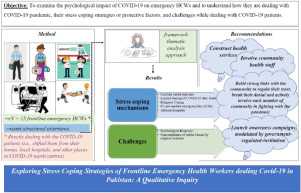
There is a complex relationship between resilience and stress. While resilience is often associated with the ability to bounce back from adversity, stress can have a significant impact on an individual’s resilience levels.
When a person experiences stress, their body undergoes a series of physiological changes. These changes can disrupt the body’s natural balance and make it more difficult for individuals to cope with challenges and setbacks. In turn, this can affect their ability to bounce back and build resilience.
One of the key ways that stress affects resilience is by impairing cognitive function. When a person is stressed, their ability to think clearly and make rational decisions can be compromised. This can make it harder for individuals to problem-solve and find effective solutions to the challenges they face, ultimately hindering their ability to build resilience.
Additionally, chronic stress can lead to physical and emotional exhaustion. When individuals are constantly exposed to high levels of stress, it can deplete their energy and make it harder for them to recover from setbacks. This can further weaken their resilience and make it more challenging for them to adapt to adversity.
Furthermore, stress can also impact an individual’s emotional well-being. High levels of stress can contribute to feelings of anxiety, depression, and overwhelm, which can make it harder for individuals to maintain a positive outlook and remain resilient in the face of challenges.
In order to build resilience and mitigate the impact of stress, it is important for individuals to develop healthy coping mechanisms and stress management strategies. This can include practicing mindfulness and relaxation techniques, seeking support from others, and engaging in self-care activities.
Overall, the relationship between resilience and stress is a complex one. While resilience can help individuals navigate and overcome stressful situations, stress can also have a detrimental effect on an individual’s ability to build and maintain resilience. By understanding this relationship and implementing effective stress management techniques, individuals can enhance their resilience and better cope with the challenges they face.
| Resilience | Stress |
|---|---|
| Ability to bounce back from adversity | Physiological changes |
| Problem-solving skills | Impaired cognitive function |
| Emotional well-being | Feelings of anxiety and depression |
| Coping mechanisms | Developing healthy strategies |

I am Patrina de Silva, a psychologist and mental health blogger in Sri Lanka. After obtaining psychology degrees from the University of Colombo and Monash University, I returned home to work as a counselor while also starting the popular blog “Pressy but Happy” to provide advice on psychological issues. Over the past decade, my empathetic articles have made my blog a leading mental health resource in the country. In addition to writing, I maintain a private therapy practice, frequently volunteer counseling time, and conduct seminars, driven by my passion for destigmatizing mental illness and educating the public on the mind-body connection. I strive to be an influential voice in my field through my compassionate approach.
